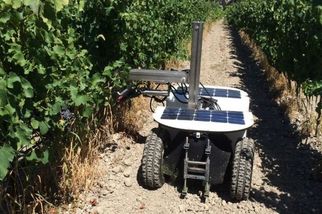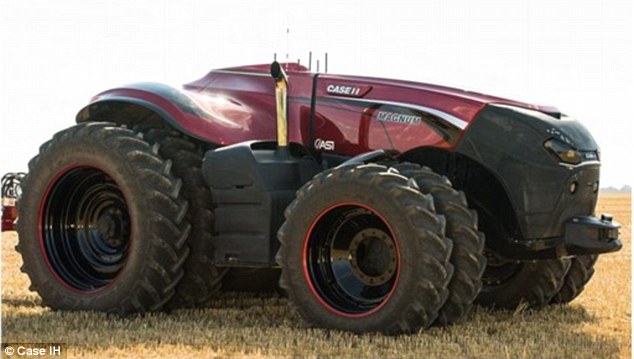
We are busy preparing arable fields for autumn drilling, and hope to get a decent window of weather to make the job easy. Fields with little or no boundary are getting their hedges trimmed, and the seed corn is ready and waiting in the barns.
The final wedding took place last Saturday with the sun helpfully turning out at the vital moments. Despite the odd shower, all went well and everyone was mighty relieved. The gardens which are hanging on to late summer blossoms, presented a glorious back drop for the all-important wedding photographs.
There is much discussion amongst farmers as to what new rules will emerge regarding future eligibility for the SFP (single farm payments). There are rumours that over wintered stubble fields will not qualify if they so much as get a whiff of Glyphosate. So much for being farmer friendly, this could prove a real problem for those of us working to eradicate our Black Grass problem.
The NFU is ringing round farmers requesting to ‘update’ their records. There follows ten minutes of random questions relating to farm acreage, stocking, winter feed, rotations, agronomy, veterinary advice and wot not. Then the final killer question, which I rather gathered is the whole point of the exercise was, “What percentage of the SFP is essential to keep your farm sustainable and profitable?” My answer was quite obviously not what he was looking for, and most likely not very helpful.
There was great interest in the first fully automated crop which was sown, grown, and eventually harvested last week. It was probably the most expensive hectare of spring barley ever grown, but the experiment has made the point that it can happen, and no doubt will do so in the future.
There is much wailing about what will happen once the UK can check the passports of all those crossing our borders and decide who to let in. Migrant labour does indeed play a useful part in manning the pack houses, picking fruit and vegetables, and working in the building and catering industry. There is also a demand for certain ‘skills’ from non EU countries, who will no doubt continue to gain work visas.
The visa system worked before we entered European Economic Community (EEC), and no doubt will do so again. The UK first applied in 1961 but was wisely turned down by the French, and again in 1963. Eventually in 1973 the UK gained entry, and in 1975 referendum was called by the Labour government, asking the public if they wished to remain in the EEC. 63% voted YES, I was not one of them.
Over 17.5 million people voted to close our open borders and control who gains access to our workforce. Also, to stop the haemorrhaging of billions of British pounds to the EU, and regain British sovereignty.
Advances in technology will ensure much more than that single hectare of barley with be sown, grown and harvested automatically. Many jobs undertaken today by workers in the industries mentioned above, will be undertaken by robotic machinery, as the costs decline and so will the jobs.
Sussex is now producing one of England’s most expensive wines. Dermot Sugrue who makes wine at the Wiston Estate, has released a new cuvee. His Dr Brendan O’Regan is a multi-vintage prestige cuvee priced at £79, putting it in the top price league of the country’s sparkling wines.
Dermot has made the wine from Sussex-grown grapes under his own label, Sugrue-Pierre. It is named after his grand-uncle, an entrepreneur who developed the idea of Duty Free at Shannon Airport, and rumour has it – the Irish Coffee.


 RSS Feed
RSS Feed